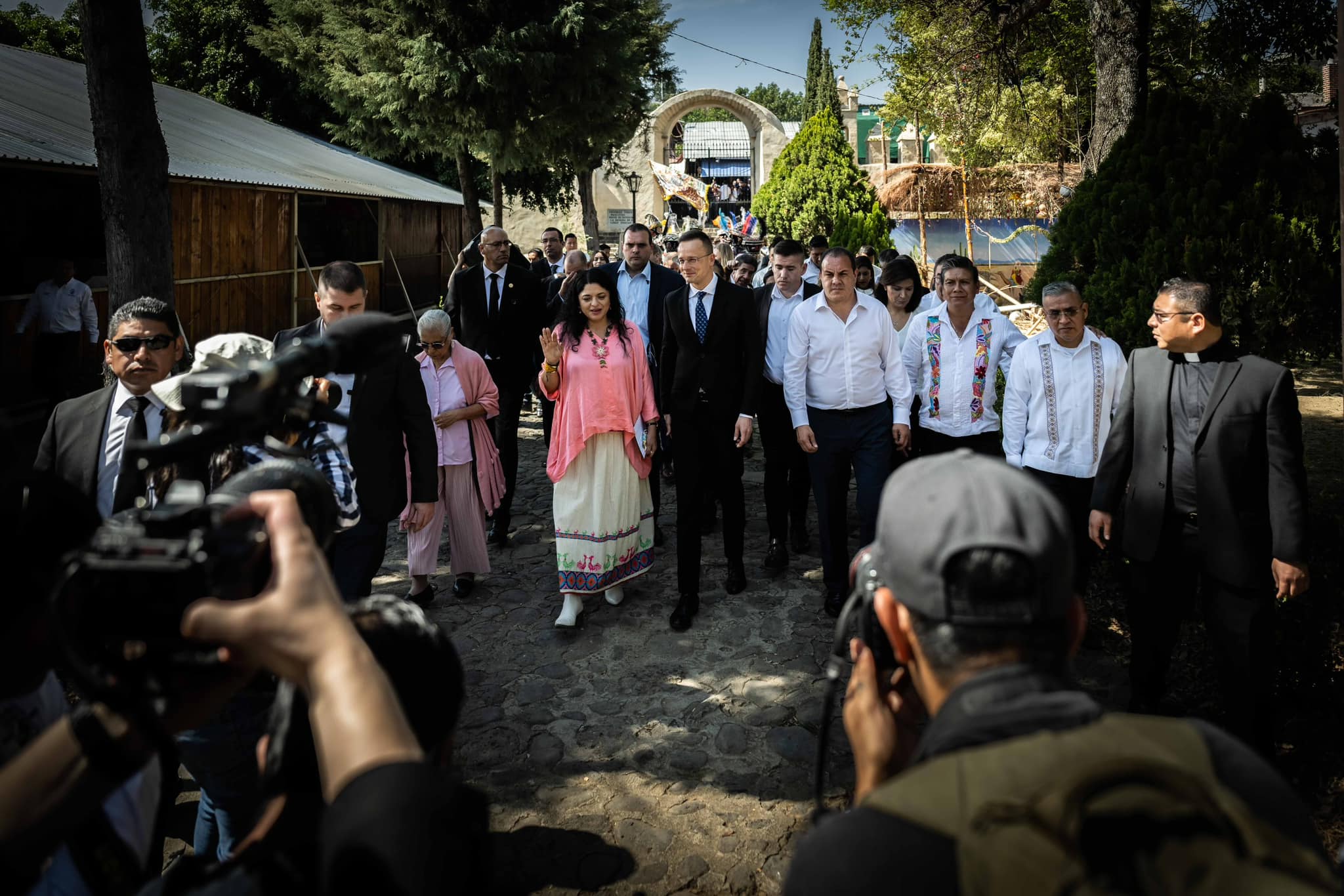
The Hungarian government will continue its policy of providing assistance to Christian communities in difficulty around the world, the Foreign Minister said.Continue reading

Hungary took a pioneering role in 2016 when it set up the Deputy State Secretariat for Persecuted Christians – which later became a State Secretariat – and launched Hungary Helps program. Today, both areas come under the same State Secretariat, headed by Tristan Azbej.
The idea behind the Hungarian initiative is not to lure refugees to Europe, but to create decent living conditions for them in their own countries, or at least in their own regions. The other aspect is the Hungarian government’s conviction that the West has a responsibility to help Christians who are facing persecution.
As several members of the government have pointed out many times,
Christianity is currently the most persecuted religion in the world.
Not only are Christians in many regions of the world restricted in the practice of their religion, but they are also subject to physical threats, and even genocide.
The problem of religious persecution is no stranger to Western politics. However, experience shows that international organizations and governments prefer to talk about religious persecution in a general sense. Even when it is obvious that people have been murdered for being Christian in Africa, the Middle East, or even in Europe itself, they do not call the problem by name. In an extreme example of this misinformation, former US President Barack Obama wrote about the 2019 Easter terror attack in Sri Lanka, calling it an attack on ‘Easter worshippers.’
The attacks on tourists and Easter worshippers in Sri Lanka are an attack on humanity. On a day devoted to love, redemption, and renewal, we pray for the victims and stand with the people of Sri Lanka.
— Barack Obama (@BarackObama) April 21, 2019
On the one hand, ideological considerations and a compulsive adherence to political correctness mean that the West is not helping persecuted Christians nearly as much as it could if it were tackling the problem in a targeted way. One important experience of the Hungary Helps program is that it usually works with active churches that know the area well, so that help is sure to reach its target – although it is not exclusively for Christians. Churches, schools, and whole villages have been rebuilt with Hungarian help in Iraq, and Hungary Helps has also provided aid to Mexico most recently.
The experience of Hungarian politicians working in international development is that EU aid is ineffective in crisis zones because it rather gives money to programs run by NGOs that are considered progressive instead of churches. And much of the money evaporates by the time it gets through the system.
A recent article in the Hungarian Conservative highlighted how after the latest brutal terrorist attack in Nigeria – when a priest was burned alive – the Biden administration turned a blind eye, while Hungary immediately offered help.
However, Hungary’s help alone will not be enough to solve the problem. International cooperation is needed, and a fundamental change of attitude.
Featured photo via Facebook/Hungary Helps